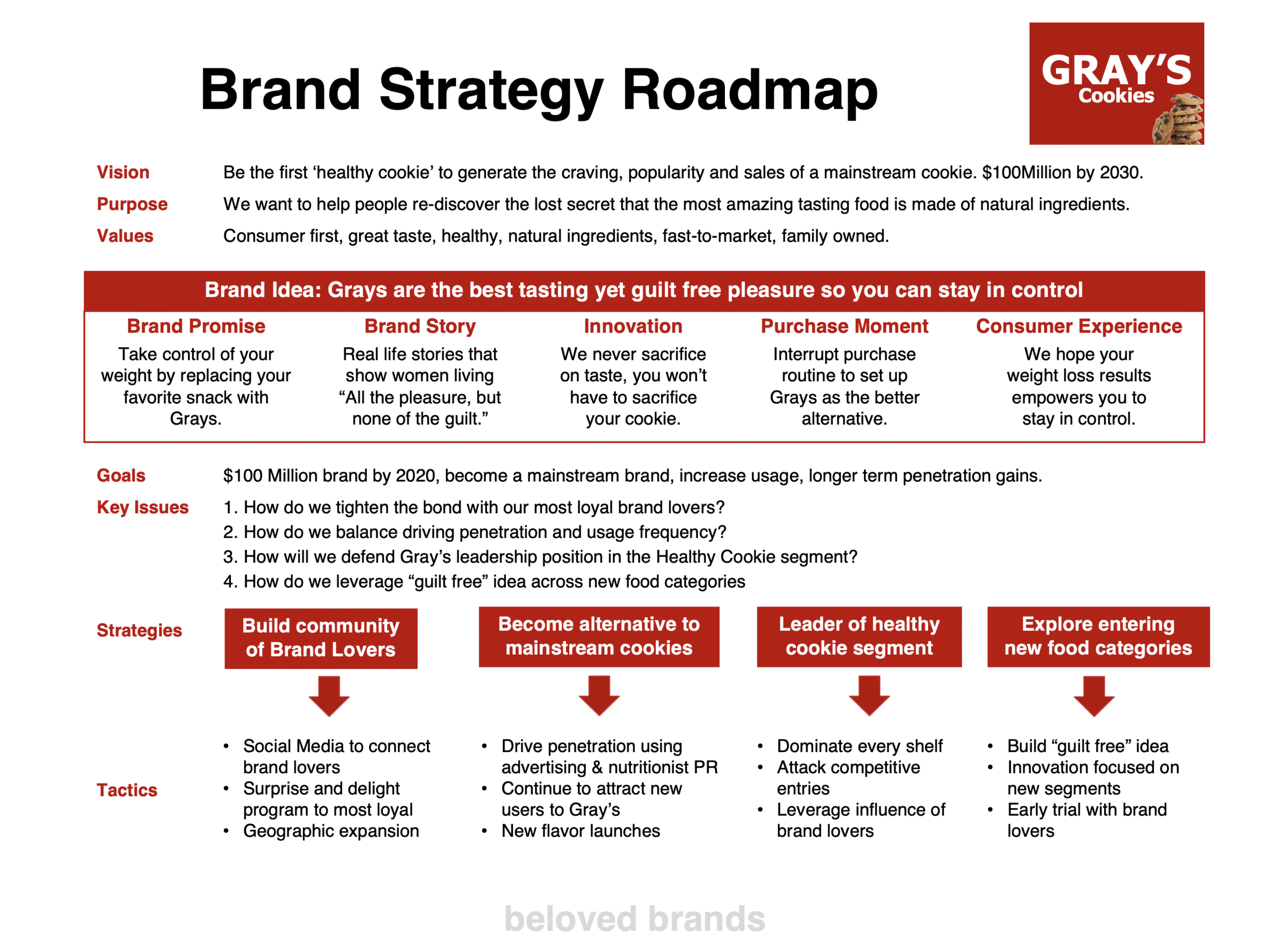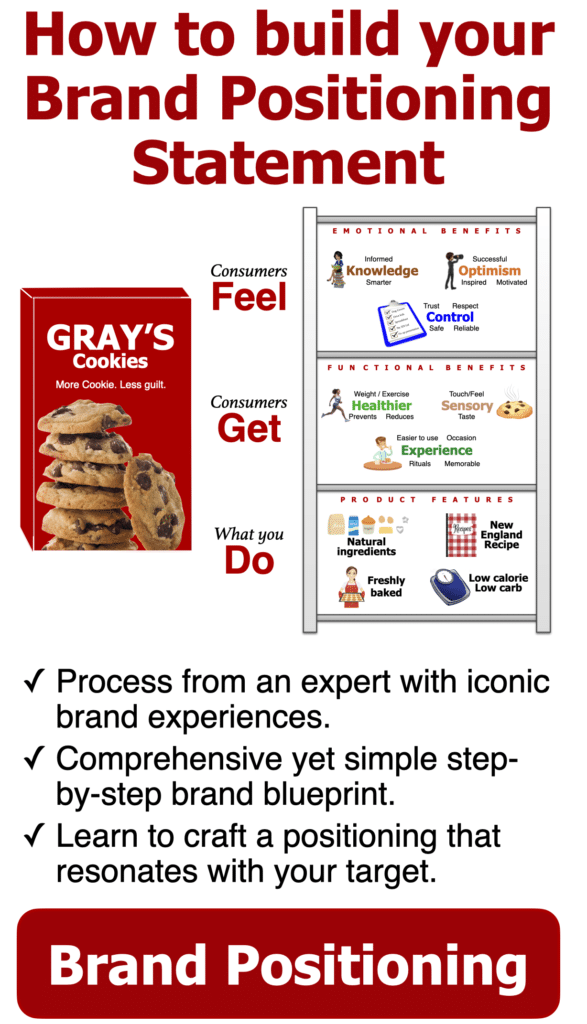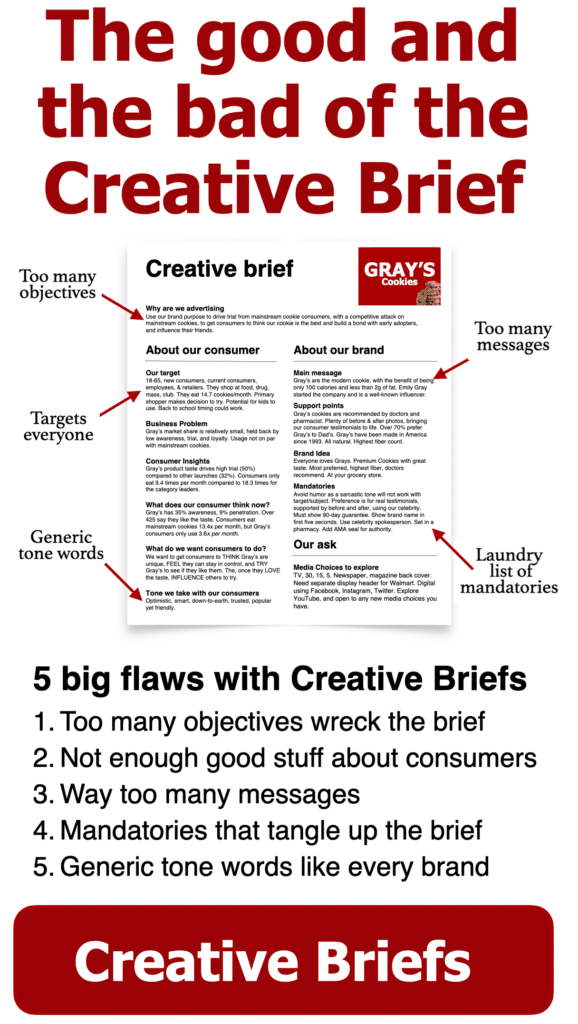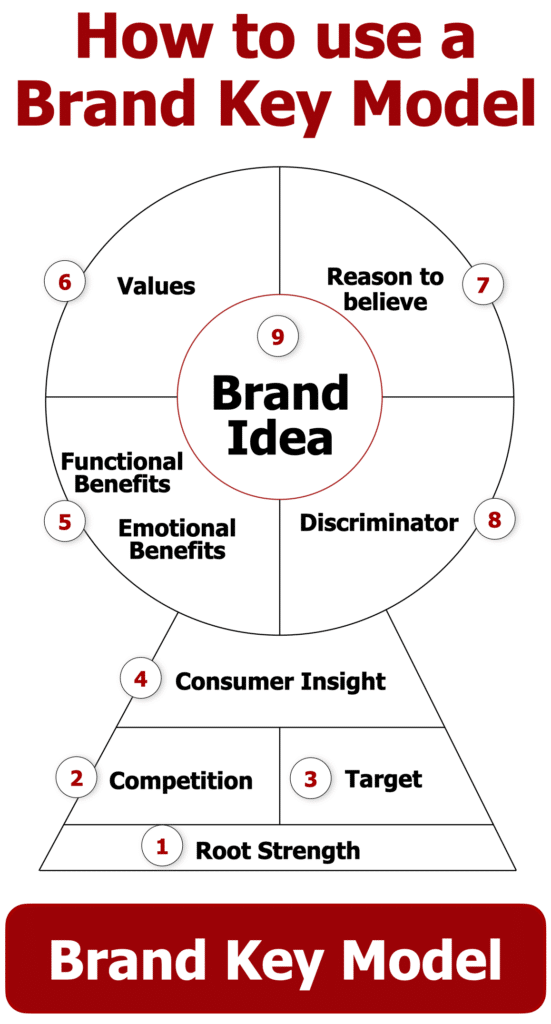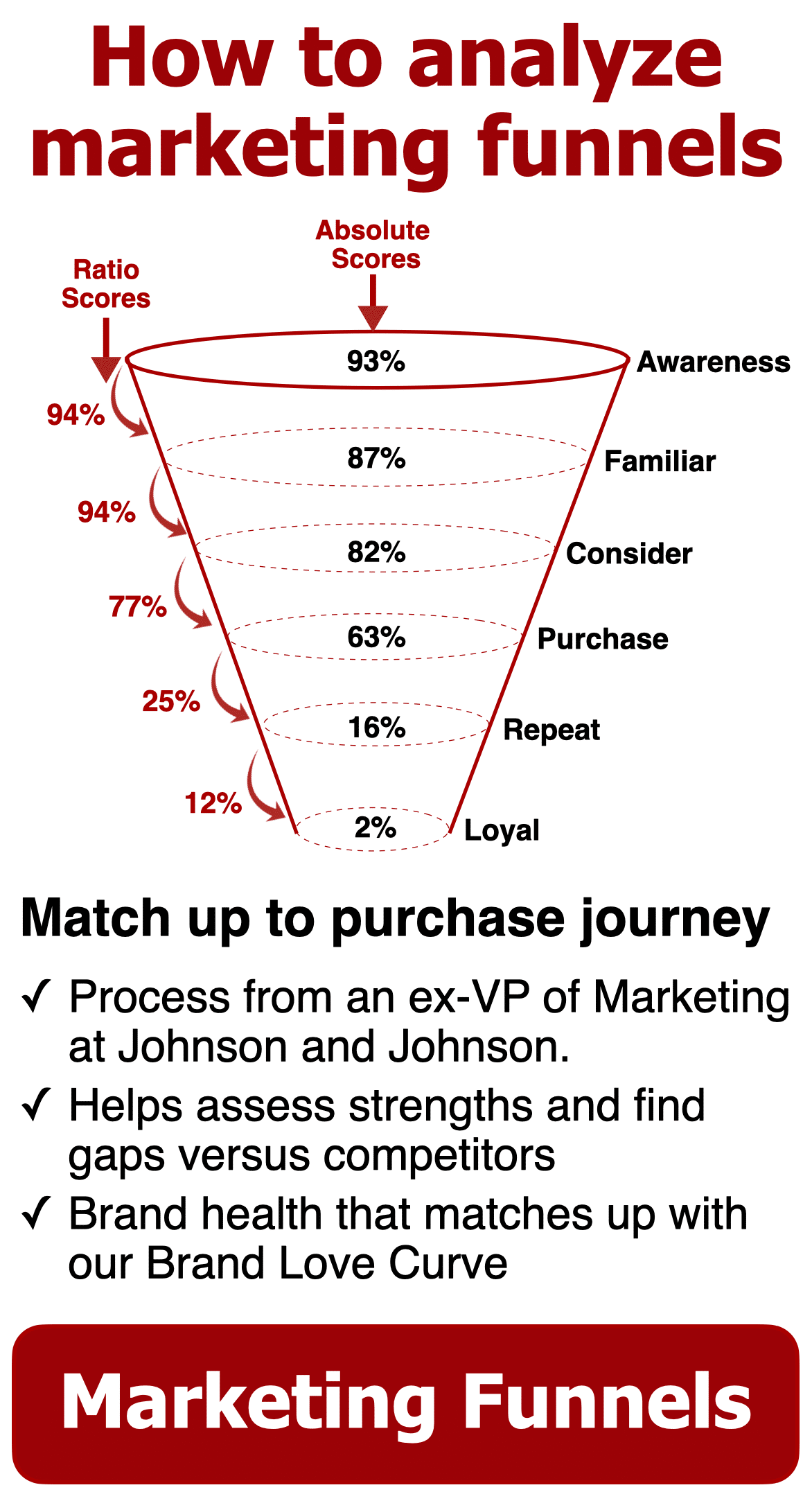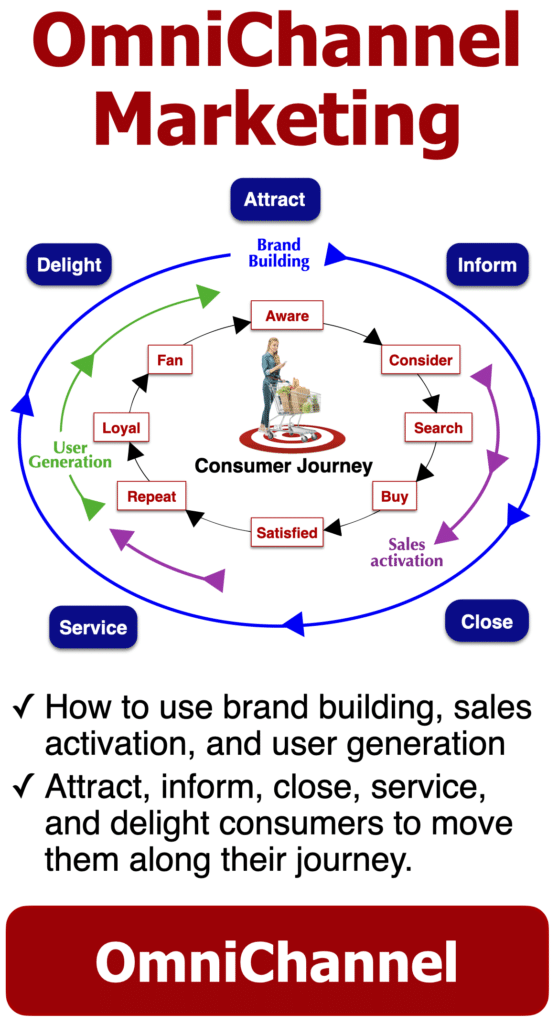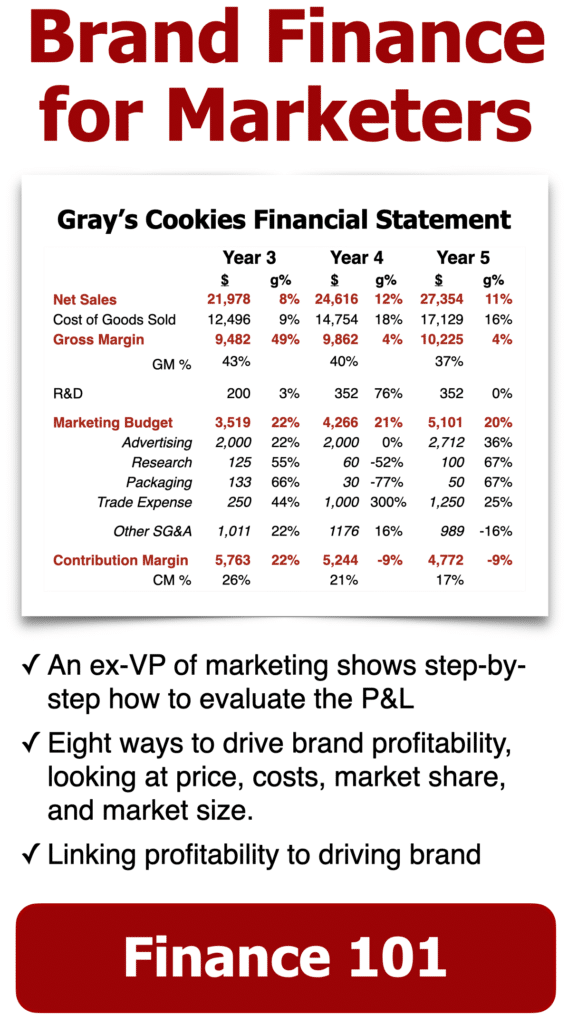Undoubtedly, Sun Tzu’s “The Art of War” has stood the test of time as a guide for strategy and tactics in warfare. Nevertheless, its principles extend far beyond the battlefield and have been applied in various fields, including business, politics, and sports. Consequently, one area where Sun Tzu’s teachings can be particularly insightful is marketing. In this blog post, we’ll explore how “The Art of War” can help marketers develop strategic thinking and marketing strategies that allow them to outsmart the competition. Ultimately, the ideals laid out by Sun Tzu will get you to think about how you can be a better marketer.
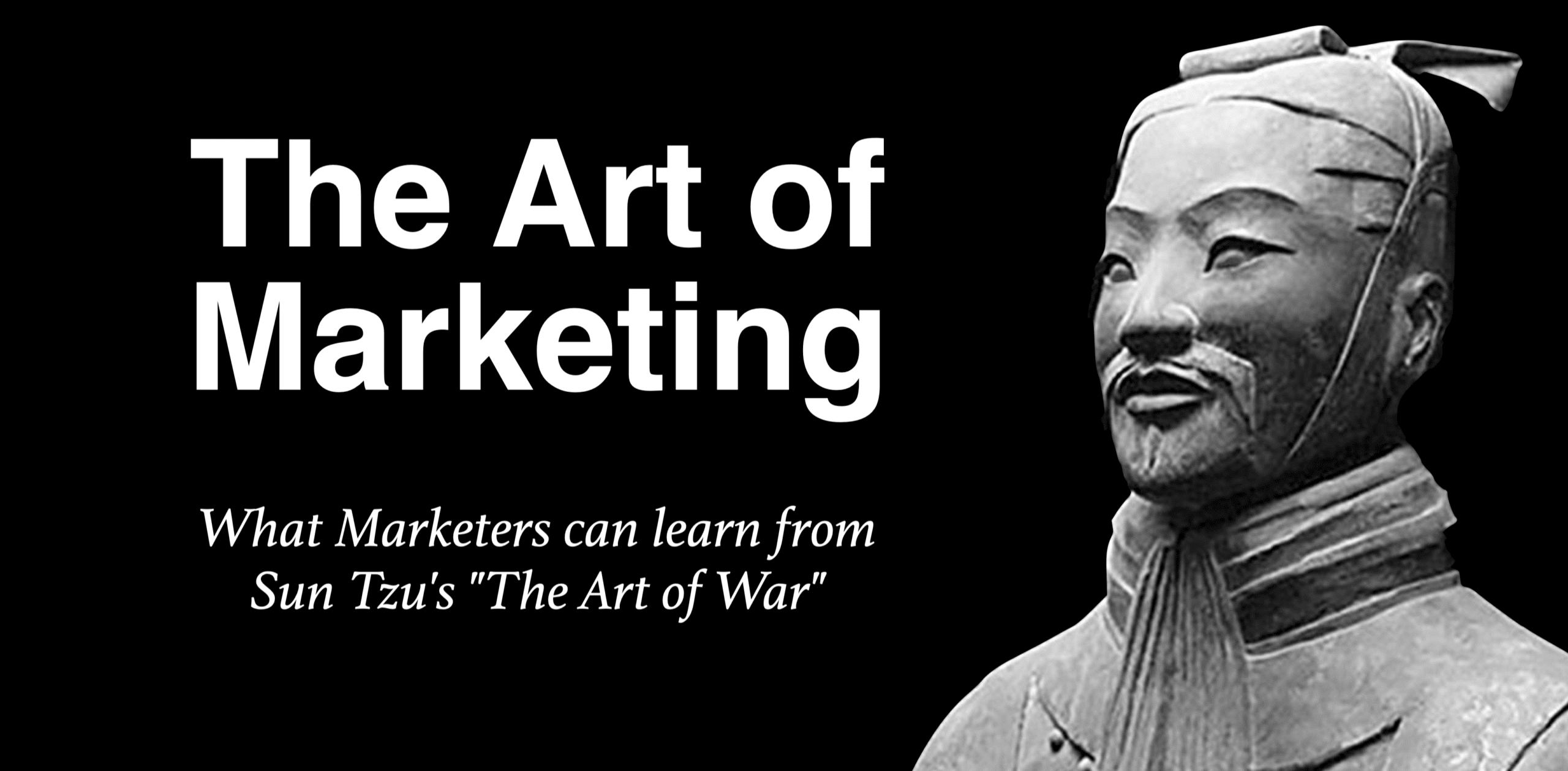
Lessons from The Art of War
Know your enemy and know yourself
"Know your enemy and know yourself, and you can fight a hundred battles without disaster." – Sun Tzu
In the context of marketing, the “enemy” represents your competitors. Firstly, to develop effective marketing strategies, you must understand your competition and their strengths and weaknesses. Consequently, conduct thorough market research to identify the key players in your industry, their target audience, unique selling points, and marketing tactics.
Secondly, equally important is knowing yourself – understanding your brand’s unique value proposition, strengths, and weaknesses. As a result, evaluate your own marketing performance to identify areas that require improvement and opportunities to differentiate your brand from competitors.
Importantly, read our post on Competitive Strategy
Surprise can give you a competitive advantage
"All warfare is base on deception." – Sun Tzu
In marketing, deception doesn’t mean dishonesty or unethical practices. Instead, it refers to the art of keeping your competitors guessing about your next move. A well-executed marketing campaign can surprise your competition and give you a competitive edge.
This can be achieved by experimenting with new marketing channels, targeting untapped customer segments, or launching innovative products and services. By constantly evolving your marketing strategy, you make it difficult for competitors to predict your actions, giving you an advantage in the marketplace.
To illustrate, read our post on the Strategic ThinkBox
Speed is the essence of war
"Speed is the essence of war. Take advantage of the enemy's unpreparedness; travel by unexpected routes and strike him where he has taken no precautions." – Sun Tzu
In today’s fast-paced digital world, agility and speed are crucial. Marketers must be quick to adapt to changing consumer preferences, market conditions, and industry trends. Being the first to capitalize on new opportunities can provide a significant advantage over slower-moving competitors.
This requires developing a marketing strategy that’s flexible and adaptable, as well as fostering a culture of innovation within your marketing team. Encourage your team to experiment with new ideas, learn from failures, and continuously improve their tactics.
Moreover, read our posts on making advertising decisions and innovation decisions.
The best strategy is the one that delivers results
"In war, the way is to avoid what is strong and to strike at what is weak." – Sun Tzu
A successful marketing strategy isn’t about pursuing every available opportunity or fighting every competitor on every front. Instead, it’s about identifying and exploiting the weaknesses in your competitors’ strategies and capitalizing on your own strengths.
Subsequently, focus your marketing efforts on areas where you have a competitive advantage or where your competition is weak. This might involve targeting niche markets, creating highly personalized marketing campaigns, or leveraging your expertise to establish thought leadership in your industry.
Lastly, post on how to write a marketing plan.
Adapt to the terrain
"Water shapes its course according to the nature of the ground over which it flows; the soldier works out his victory in relation to the foe whom he is facing." – Sun Tzu
In marketing, the “terrain” refers to the market landscape and the conditions that shape it. Marketers must be able to adapt their strategies to the ever-changing environment to stay ahead of the competition.
Stay informed about industry trends, technological advancements, and consumer preferences. Use data and analytics to monitor the performance of your marketing campaigns and make adjustments as needed. By adapting to the terrain, you’ll be better equipped to navigate the challenges and opportunities that arise in the marketplace.
Most importantly, read our post on how to conduct a deep-dive business review.
Unity of purpose and strong leadership
"The general who advances without coveting fame and retreats without fearing disgrace, whose only thought is to protect his country and do good service for his sovereign, is the jewel of the kingdom." – Sun Tzu
In marketing, strong leadership and a unified team are essential for success. A clear vision and mission help guide your marketing team’s efforts and keep everyone aligned with your brand’s goals. Leaders must inspire and motivate their teams to strive for excellence, cultivate a positive work environment, and provide support and resources for their team members.
Regular communication and collaboration within your marketing team are also crucial. Encourage your team members to share their ideas, provide feedback, and work together to achieve the best possible results. A united team with strong leadership will be better equipped to face the challenges of the marketplace and outperform the competition.
To illustrate, read our post on how to lead the culture of the brand.
Our brand toolkit for consumer brands is our most comprehensive template that helps you communicate your brand plans, brand positioning, business reviews, and creative briefs.
Our brand plan template offers slides for vision, purpose, analysis, key issues, strategies, and execution plans, ensuring a thorough approach to your brand’s development. The brand positioning template guides you through defining your target profile, crafting a brand positioning statement, and developing a unique brand idea, concept, values, story, credo, and creative brief. Finally, our business review template provides slides for an in-depth analysis of the marketplace, customers, competitors, channels, and your brand.
Choose the right template for your business needs
Marketing Plans for consumer brands
Combining strategic slides for insightful planning and marketing execution slides for seamless implementation, our templates are designed to propel your brand towards success and help you make a lasting impact in the market.
Take advantage of opportunities
"Opportunities multiply as they are seized." – Sun Tzu
In the world of marketing, opportunities can arise from various sources, such as changes in consumer behavior, technological advancements, or shifts in the competitive landscape. Essentially, when you spot an opportunity, act quickly and decisively to seize it before your competitors do.
This requires fostering a proactive mindset within your marketing team. Encourage your team members to stay informed about industry trends and to be on the lookout for new opportunities. Develop a culture that rewards initiative, creativity, and calculated risk-taking.
To illustrate, read our post on building an innovation process
Preserve your resources
"The worst policy of all is to besiege walled cities." – Sun Tzu
Effective marketing requires the efficient use of resources, including time, budget, and personnel. Consequently, overextending your resources can lead to burnout, diminishing returns, and missed opportunities. Therefore, be strategic in your marketing efforts and focus on initiatives that deliver the highest return on investment (ROI).
In order to optimize your resources, prioritize your marketing activities based on their potential impact and the resources required. Additionally, track the performance of your campaigns and make data-driven decisions to allocate resources effectively. Ultimately, by preserving and optimizing your resources, you’ll be able to accomplish more with less and maintain a competitive edge.
To illustrate, read our post on how to focus
Video: Brand Strategy Statements
To illustrate, watch our video to see how we use our five elements of brand strategy. Importantly, this helps you structure your thinking. And, we will show how to build brand strategy statements that make it easy to explain them to others.
To view, use the ▶️ controls to play our brand strategy video.
Balance strategy and tactics for long-term success
"Strategy without tactics is the slowest route to victory. Tactics without strategy is the noise before defeat." – Sun Tzu
In marketing, it’s essential to strike the right balance between strategy and tactics. Your marketing strategy is the overarching plan that guides your efforts, outlining your objectives, target audience, and overall approach. Tactics, on the other hand, are the specific actions and tools used to implement your strategy, such as social media campaigns, email marketing, or content creation.
A strong marketing strategy without the right tactics will result in slow progress, as you may struggle to execute your plans effectively. Conversely, focusing solely on tactics without a clear strategy can lead to scattered efforts that fail to achieve your goals.
To achieve long-term success, you must develop a solid marketing strategy that outlines your objectives and guides your efforts. Then, choose the most effective tactics to execute your strategy and continuously monitor and adjust your approach as needed. By balancing strategy and tactics, you’ll be better equipped to achieve your marketing goals and outperform your competition.
To illustrate, read our post on building a Brand Strategy Roadmap
Cultivate the element of surprise
"In all fighting, the direct method may be used for joining battle, but indirect methods will be needed in order to secure victory." – Sun Tzu
In marketing, the element of surprise can be a powerful tool to capture your audience’s attention and stand out from the competition. By taking unconventional approaches, launching unexpected campaigns, or unveiling innovative products and services, you can create buzz and excitement around your brand.
To cultivate the element of surprise, encourage your marketing team to explore creative ideas that break the mold. Don’t be afraid to take calculated risks and challenge the status quo. By incorporating the unexpected into your marketing strategy, you can capture the attention of your target audience, generate buzz, and ultimately, increase brand awareness and drive growth.
To illustrate, read our post on marketing execution
What Marketers can learn from Sun Tzu’s The Art of War
In conclusion, applying Sun Tzu’s principles from “The Art of War” to your marketing efforts can provide valuable insights and guidance for developing winning strategies. By understanding your competition, yourself, and the market landscape, and by skillfully balancing strategy and tactics, cultivating strong leadership, seizing opportunities, and incorporating elements of deception and surprise, you can outsmart and outperform your competitors in the marketing battlefield.










